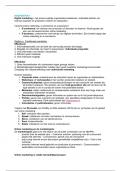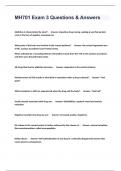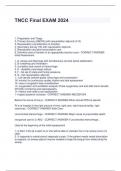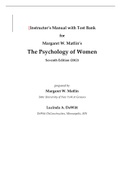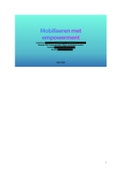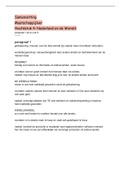European Integration and Democracy
30 November 2023
Weekly News Analysis Presentation
Divided tasks:
1) make PowerPoint presentation and hand everything in
2) introduce article
3) relate article to content course
4) critically reflect on article
5) national or European perspective
The article:
https://amp.theguardian.com/world/2020/mar/02/support-for-eurosceptic-parties-doubles-two-
decades-across-eu
2) Introduce article
Intro presentation
Good afternoon everyone, and welcome to our presentation; the Weekly News Analysis of
this week. For today, we have chosen a topic as discussed in the literature and lectures, but
also one that is very relevant today (especially with the recent election outcomes in the
Netherlands), namely euroscepticism. We will start off with the following quote from the
lecture on Monday by Theresa Kuhn, on the topic of several European political right-wing
parties like PVV, as follows: “These are really the outright eurosceptics, those who either
want to leave the EU or dissolve the EU.” As can be derived from the quote and the
lecture, “euroscepticism” is defined by criticism of the EU, which is becoming increasingly
popular.
Intro article
Indeed, as shown in the election results of the Netherlands, this popularity has increased, but
not only in this country. Accordingly, we have chosen an article from the Guardian: “Support
for Eurosceptic parties doubles in two decades across EU”. The following article
provides research that this support has indeed more than doubled in the past 20 years. This
can be seen throughout Europe, with an example being Viktor Orbán of Hungary, but also
in countries such as Italy, Germany and Spain. The rise of populism in these countries
greatly contributes to the rise of euroscepticism, with currently about 1 in 3 Europeans
voting for a eurosceptic party. There are multiple possible causes for this development, to
be discussed in the presentation later on.
Now, … and … will relate this article to the content of this course.
3) Relate article to content course
Estelle: The rise of Eurosceptic parties as mentioned in the article, could lead to a shift in
regards of the composition in the Parliament and impact the decision makings in regards of
integration, immigration and national sovereignty. Because the Parliament is responsible in
topics like EU- Budget and EU-law making and the power to appoint who becomes
Commission President, Matthijs Rooduijn’s statement: “European leaders who support the
EU integration process can absolutely not afford to sit back and be complacent.” holds
a certain concern related to Parliament and shift of dynamics. Nevertheless, the Parliament
does have hearings with Commissioners and does not shy away from rejecting candidates
who do not suit the portfolios within the Commission.
Alex: The European Union's policy-making process is a collaborative effort involving key
institutions. The European Commission proposes legislation, the Parliament refines and
approves it, and the Council of the European Union, representing member states, negotiates
and adopts laws. This intricate dance ensures a balance between democratic representation
and national interests.



